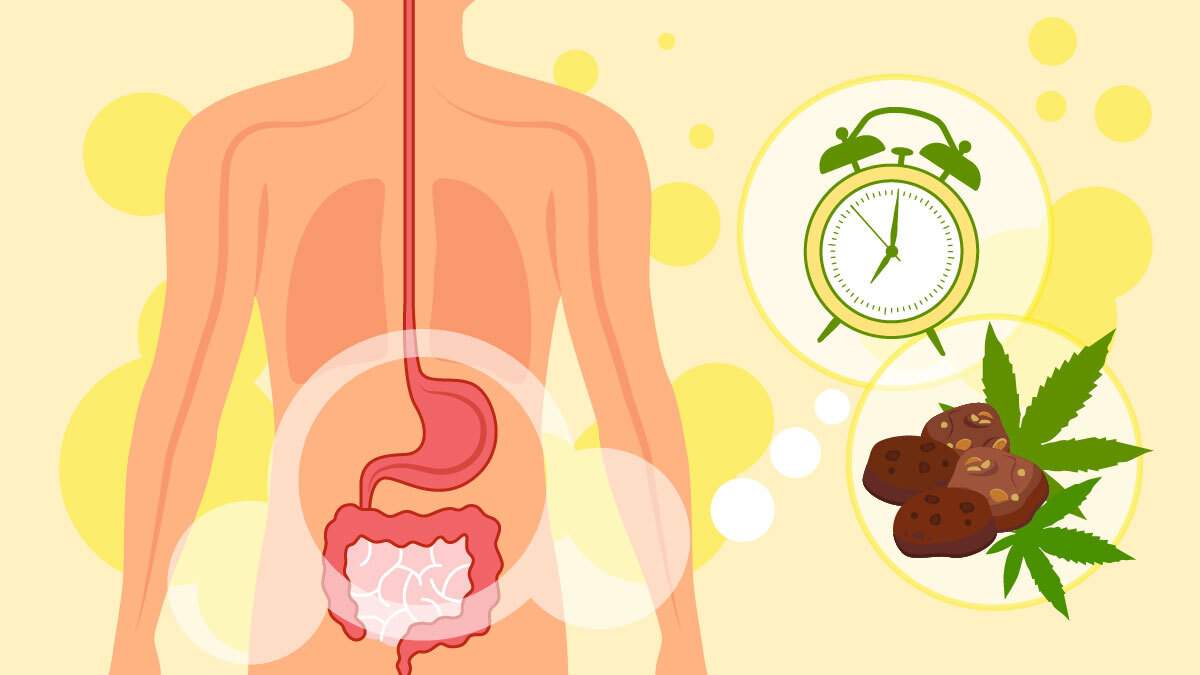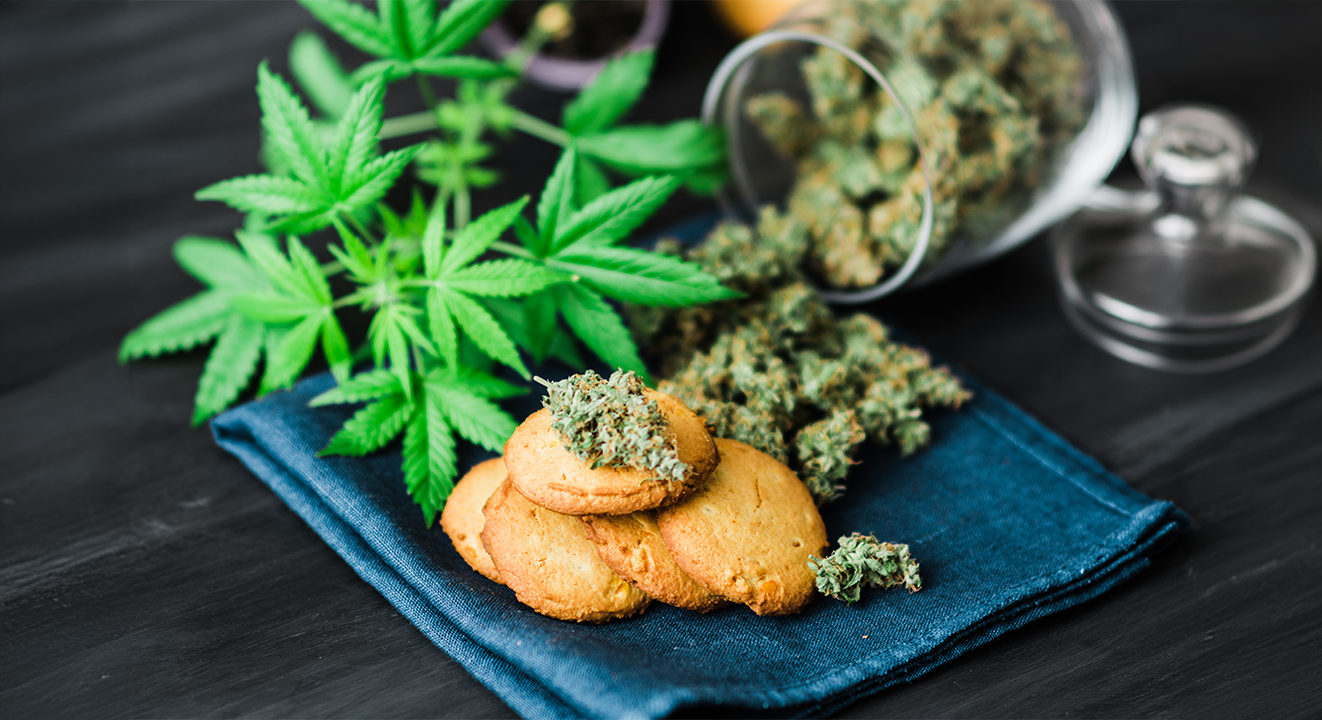How Long Do Edibles Stay In Urine
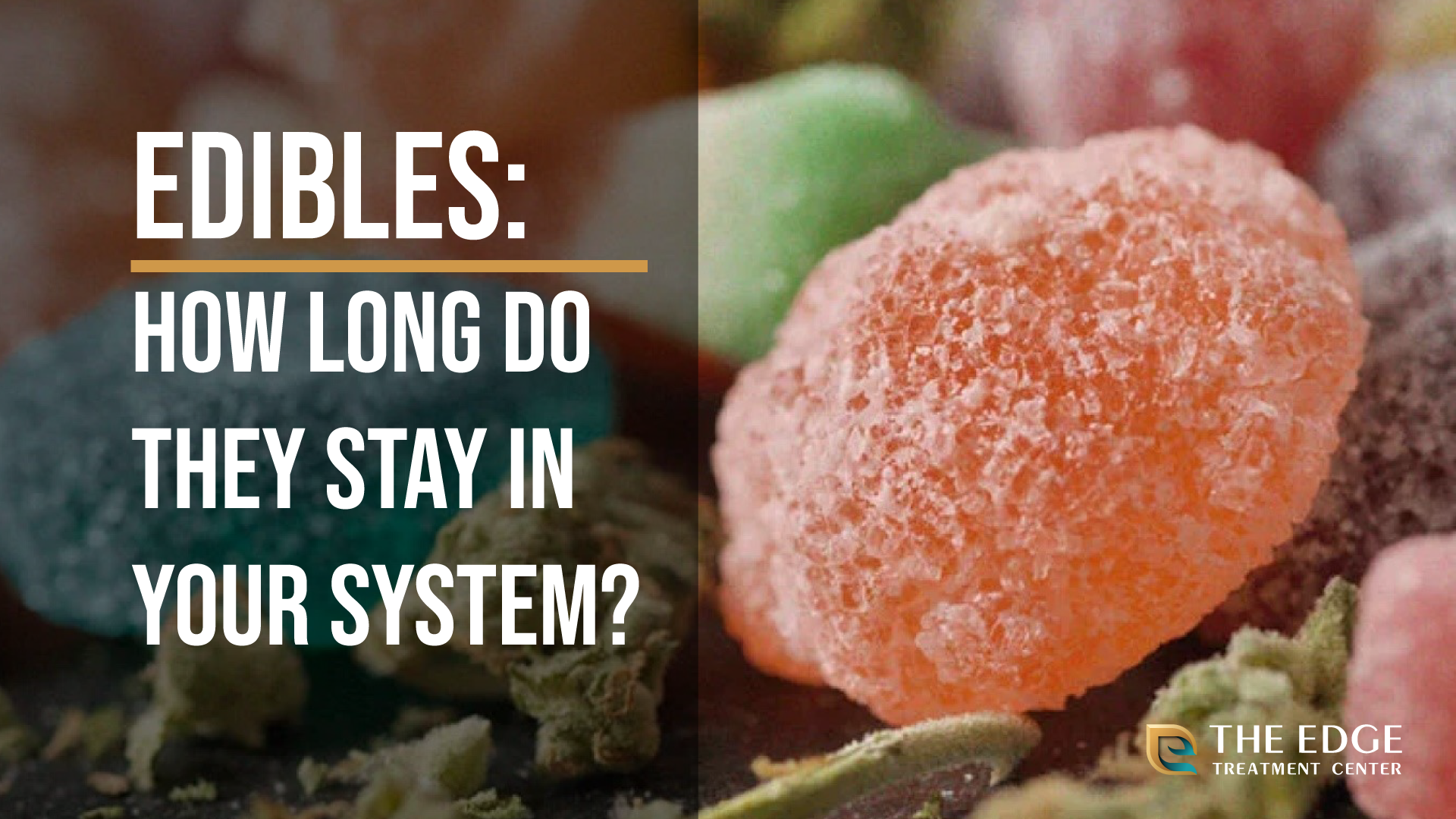
For those who consume cannabis edibles, understanding how long their presence can be detected in urine is a common concern, particularly due to workplace drug screenings, legal considerations, and personal awareness. The detection window varies considerably based on individual factors and consumption habits, making it crucial to understand the nuances involved.
This article delves into the science behind cannabis metabolism and urine testing, aiming to provide a comprehensive overview of the factors influencing detection times. It is vital to note that information provided here is for educational purposes only and should not be considered legal advice.
Understanding THC and its Metabolites
The primary psychoactive compound in cannabis is tetrahydrocannabinol (THC). After consumption, THC is metabolized by the liver into several compounds, including THC-COOH, which is the primary metabolite tested for in urine drug screenings.
THC-COOH is stored in body fat and gradually released into the bloodstream, eventually being excreted in urine. This process is the main determinant of how long cannabis remains detectable.
Factors Influencing Detection Time
Several factors influence how long THC-COOH can be detected in urine. These include frequency of use, dosage, metabolism, body fat percentage, hydration levels, and individual differences.
Frequency of Use
The most significant factor is frequency of use. Infrequent users (those who consume edibles a few times a month or less) typically have a shorter detection window.
For occasional users, THC-COOH may be detectable in urine for approximately 3-15 days after the last use. In contrast, chronic, heavy users can test positive for significantly longer, potentially up to 30 days or even longer in some cases.
Dosage
The amount of THC consumed in the edible also plays a crucial role. Higher doses of THC will result in a larger amount of THC-COOH being stored in the body, which translates to a longer detection time.
Metabolism
Each person's metabolic rate affects how quickly the body processes and eliminates THC. Individuals with faster metabolisms tend to clear THC-COOH from their system more quickly than those with slower metabolisms.
Body Fat Percentage
THC is fat-soluble, meaning it is stored in adipose tissue (body fat). Individuals with higher body fat percentages tend to store more THC-COOH, which is then released more slowly into the bloodstream and urine, prolonging the detection window.
Hydration Levels
While staying hydrated can help dilute urine, it generally doesn't significantly alter the detection window. Over-hydration in an attempt to 'flush' the system could actually lead to a dilute sample being rejected during testing, potentially raising suspicion.
Individual Differences
Factors such as age, gender, and overall health can influence how the body processes THC. Certain medical conditions and medications may also affect metabolism.
Urine Testing Methods
Urine drug tests typically use an immunoassay screening method to detect the presence of THC-COOH. If the initial screening is positive, a more sensitive confirmatory test, such as gas chromatography-mass spectrometry (GC-MS) or liquid chromatography-mass spectrometry (LC-MS), is often performed to confirm the results.
These confirmatory tests are more accurate and can detect even trace amounts of THC-COOH.
General Guidelines for Detection Times
While individual results may vary, here are some general guidelines:
- Single Use: 1-3 days
- Moderate Use (few times per week): 7-21 days
- Heavy Use (daily): 30 days or more
It's essential to remember that these are estimates and can be influenced by the factors mentioned above.
Misconceptions and Important Considerations
There are many misconceptions surrounding how to quickly eliminate THC from the body. Many products claim to detoxify the system, but scientific evidence supporting these claims is often lacking.
Consuming large amounts of water or taking diuretics may temporarily dilute urine, but this is unlikely to significantly alter the detection window or mask the presence of THC-COOH. Attempting to tamper with a drug test can have serious legal consequences.
Conclusion
The detection time of cannabis edibles in urine is a complex issue influenced by a multitude of factors. Understanding these factors is critical for individuals who consume edibles and may be subject to drug testing.
Given the variability, it is impossible to provide a definitive answer that applies to every individual. Individuals concerned about detection times should consider abstaining from cannabis use for a period well beyond the estimated detection window and consult with medical or legal professionals for personalized advice.
Disclaimer: This information is for informational purposes only and does not constitute medical or legal advice. Always consult with qualified professionals for personalized guidance.
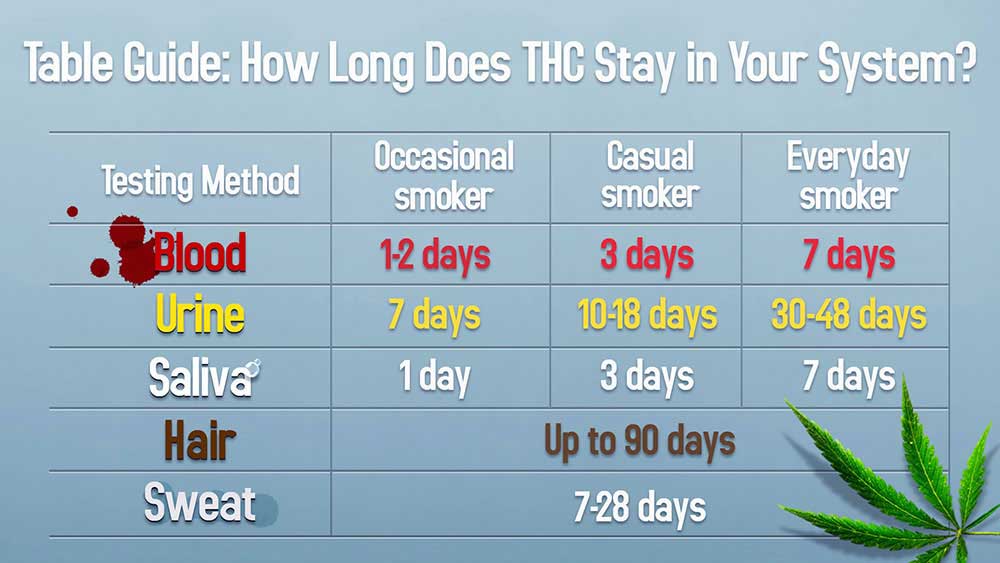
![How Long Do Edibles Stay In Urine How Long Do Edibles Last? [Full Timeline]](https://static.wixstatic.com/media/8af0ce_7551be18fc8540f49aa7521b5f46934c~mv2.jpg/v1/fill/w_1000,h_668,al_c,q_90,usm_0.66_1.00_0.01/8af0ce_7551be18fc8540f49aa7521b5f46934c~mv2.jpg)

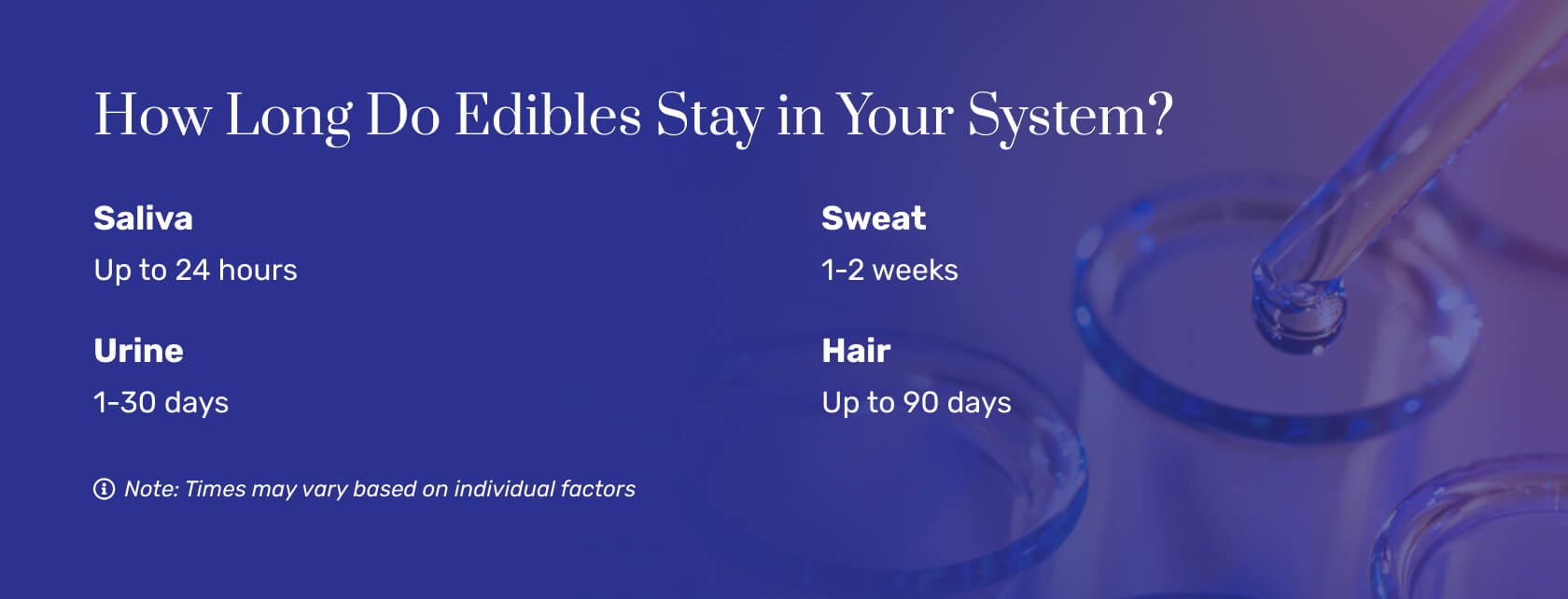
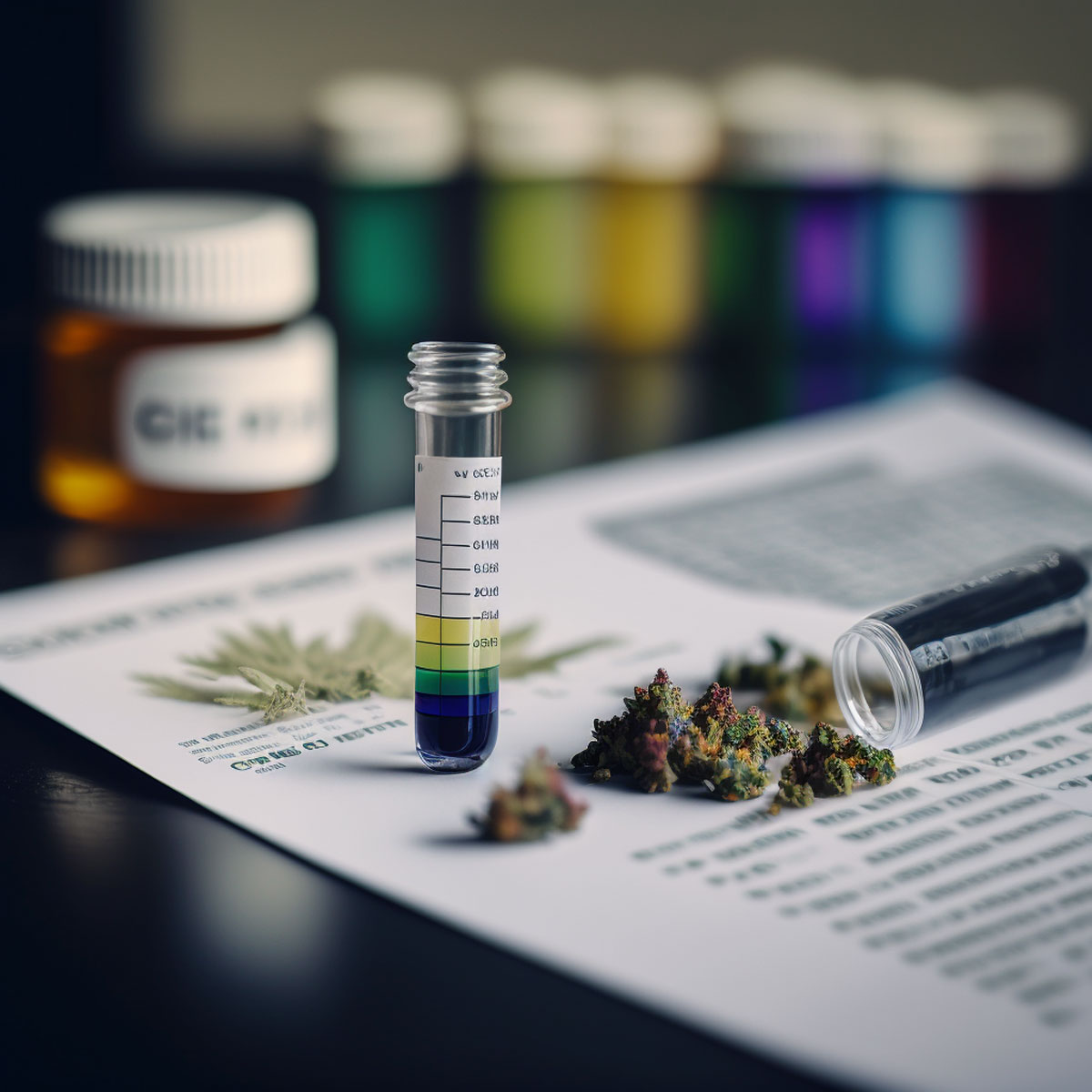
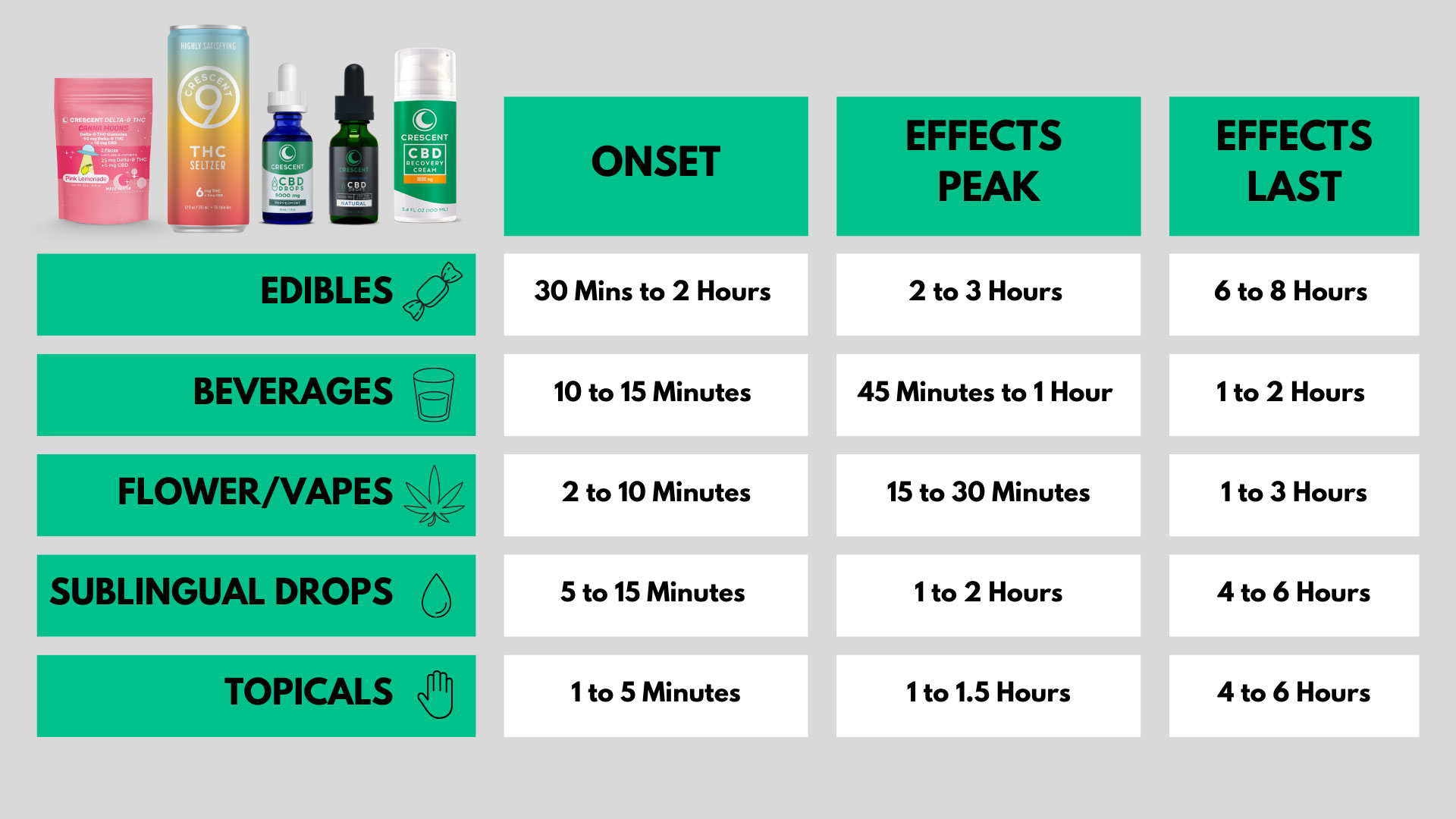

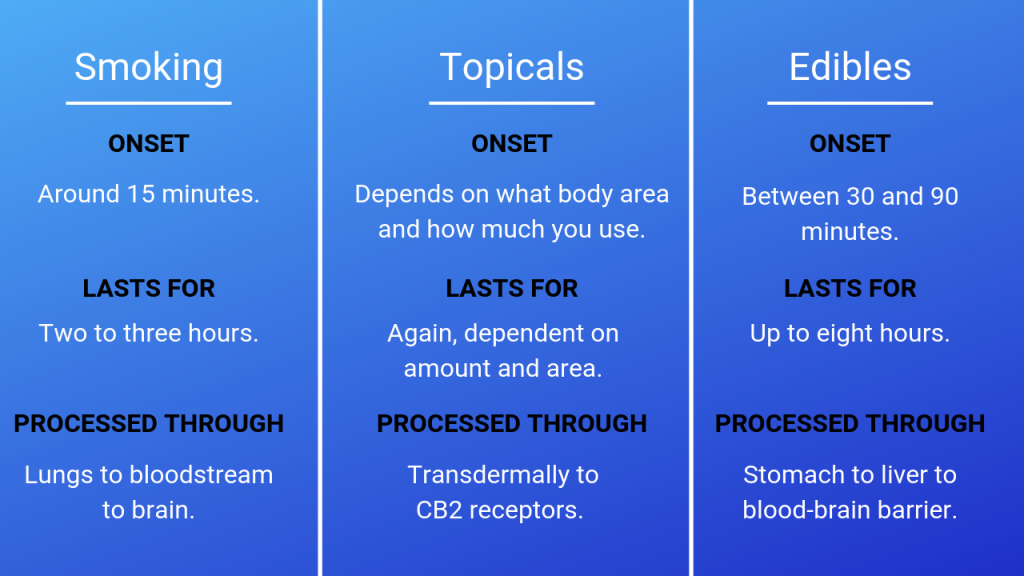
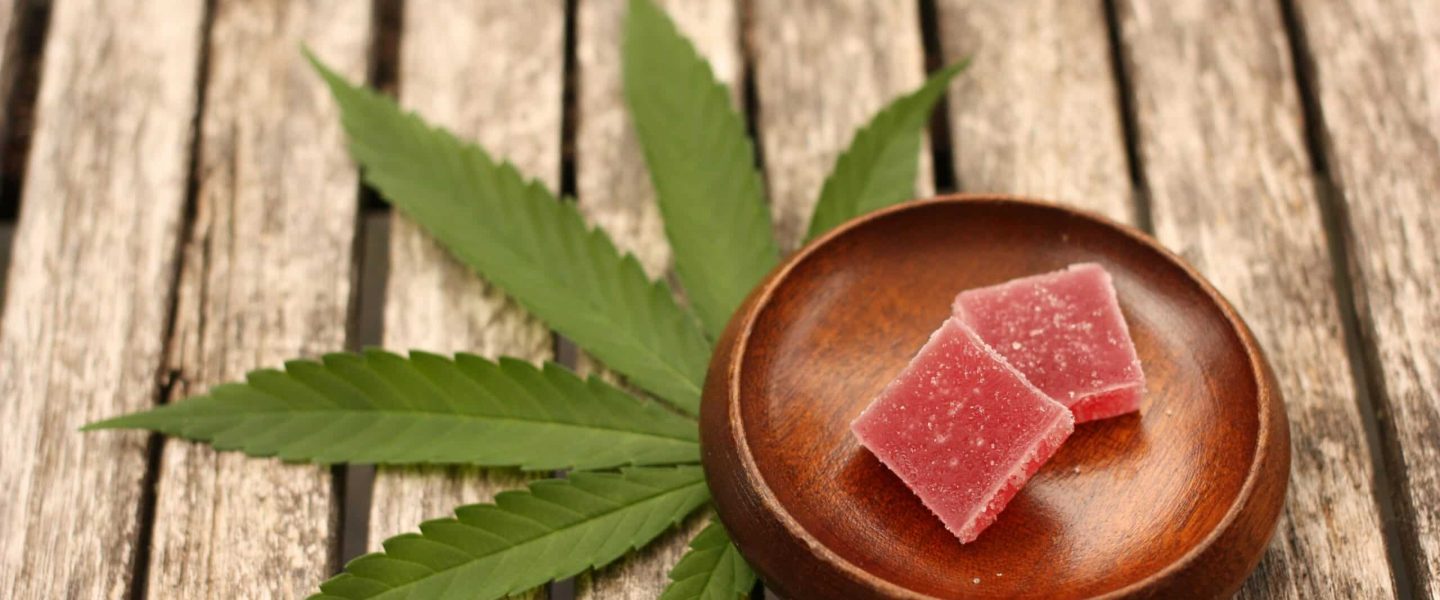
![How Long Do Edibles Stay In Urine How Long Do Edibles Stay In Your System? [1571f6]](https://i.ytimg.com/vi/pt6_Inu8nDk/sddefault.jpg)


